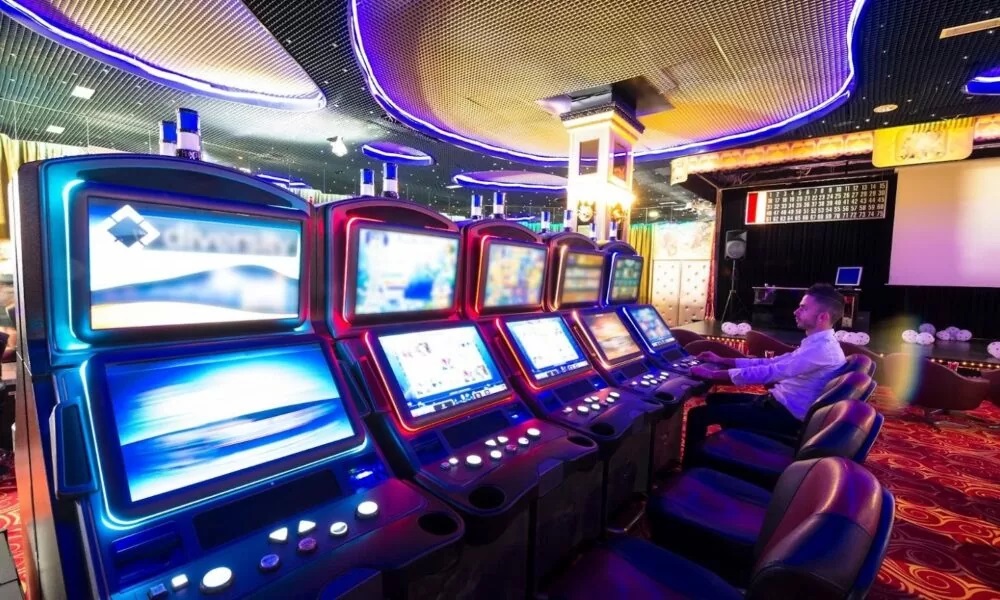The casino industry is one of excitement, thrill, and entertainment. However, underpinning this multi-billion-dollar industry is something far more serious and vital—regulations. Strong regulatory measures ensure that players can gamble in a secure environment while ensuring fairness and transparency.
Why Are Casino Regulations Essential?
Casino regulations play a crucial role in fostering a safe casino (안전카지노) and enjoyable experience. These laws protect players, ensure ethical business practices, and uphold the integrity of the gambling industry. Without proper oversight, casinos run the risk of ambiguity, fraud, and unsafe environments for their patrons. Here’s a look at how regulations transform gambling into a safe haven for enthusiasts:
1. Protection of Players and Personal Information
A primary benefit of casino regulations is the protection of players’ sensitive information. Casinos are required to implement strict data security measures, ensuring the safety of everything from financial transactions to personal identity. This minimizes risks such as identity theft and fraud, making players feel confident every time they engage.
2. Fair Game Mechanics and Transparency
Ever wondered, Is this slot machine rigged? Regulations ensure that every game, from poker to the roulette wheel, adheres to fair play principles. Strict oversight ensures that random number generators (RNGs) used in games function accurately, guaranteeing outcomes are unbiased. This transparency builds trust between casinos and their players, ensuring a fair and engaging experience.
3. Promoting Responsible Gambling
Casino regulations are designed not just to make gambling fair, but also responsible. Regulatory bodies often mandate that casinos provide tools like deposit limits, self-exclusion options, and access to responsible gambling resources. These measures aim to protect vulnerable individuals from gambling addiction, fostering a healthier approach to gaming.
4. Minimizing Criminal Activities
Unfortunately, any financial industry has the potential to attract illegal activities, and casinos are no exception. Regulations create a shield against money laundering, fraud, and other illicit activities by enforcing stringent anti-money laundering (AML) policies. Frequent audits and security measures ensure the clean operation of casinos, promoting a trustworthy image.
5. Economic Growth and Job Creation
While safeguarding players is the top priority, regulations also directly impact the economy. Well-regulated casinos encourage tourism, attract investments, and generate employment opportunities. Through structured taxation frameworks, regulated casinos contribute millions to public welfare and infrastructure projects.
The Impact of Technology on Regulated Casinos
Modern technological advancements have taken casino safety to new heights. Regulations have adapted to include guidelines around online casinos, ensuring that digital gambling environments provide the same level of safety and security as traditional establishments. Advanced encryption methods, AI-driven fraud detection systems, and comprehensive user verification are all hallmarks of regulated online casinos. These additions create a seamless yet safe experience for digital-age players.
Trust in Regulations Creates Trust in Casinos
Safety and trust go hand in hand in the casino industry. Regulations ensure that every casino, regardless of size, adheres to a uniform set of rules and ethical practices. This trust is reflected in the rising statistics of satisfied patrons and repeat players, as more individuals feel secure in engaging with responsibly managed gambling establishments.
Final Thoughts: Regulations as the Backbone of the Gambling Industry
Regulations are not just a bureaucratic necessity—they are the foundation of a safe, fair, and exciting casino experience. By protecting players, ensuring fair play, and preventing illegal activities, these rules create an environment where people can gamble responsibly and with peace of mind. The trust and transparency that result from regulations do more than just enhance individual experiences—they elevate the industry as a whole.










